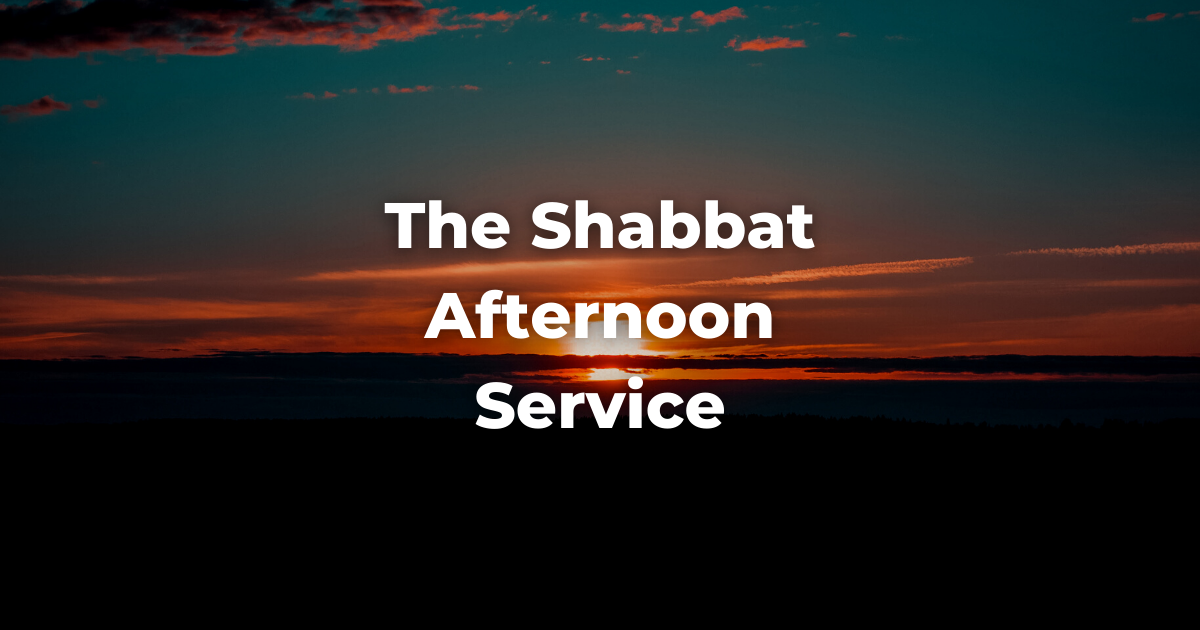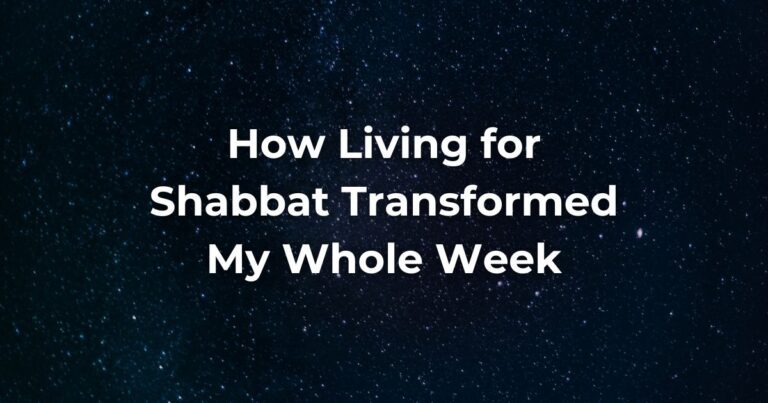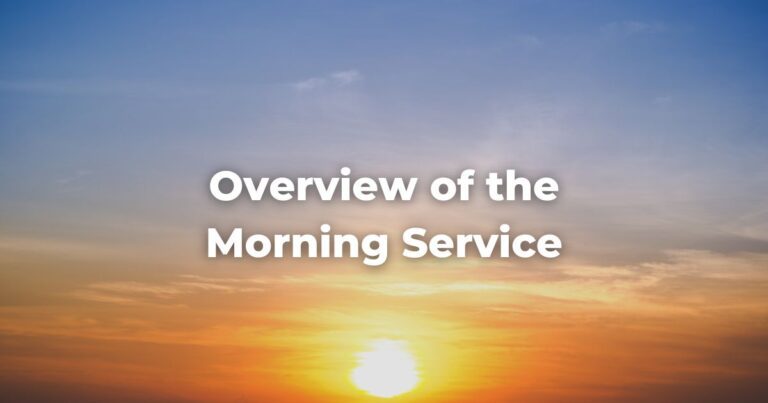The Minhah (sometimes spelled Mincha) Service on Saturday Shabbat afternoon contains a number of significant additions to the regular weekday Afternoon Service.
The 3 Additions for Shabbat Afternoon
First, the prayer U-va L’tziyyon Go·eil (“A Redeemer Shall Come to Zion”) is added after the opening Ashrei psalm. This is a prayer that speaks about messianic hopes, a theme that is at the forefront of our thoughts as Shabbat draws to a close.
Second, the TorahRefers to the first five books of the Hebrew Bible, the Tanakh, also called the Five Books of Moses, Pentateuch or the Hebrew equivalent, Humash. This is also called the Written Torah. The term may also refer to teachings that expound on Jewish tradition. Read more is read publicly.
We call three people to the Torah and read aloud the first section of the next Torah portion, which, almost always, will be read in synagogue on the following Shabbat. According to tradition, it was the biblical personality Ezra who instituted the practice of reading the Torah on Saturday afternoons as a way to accommodate people unable to come during the week to hear the Torah read on Monday and Thursday mornings.
The feeling, however, is anticipatory rather than compensatory: as one Shabbat winds down, we are already looking forward to the next.
Third, the central benediction of the Amidah changes to a unique passage based on the notion that God, Israel, and Shabbat testify to each other’s rare qualities.
This paragraph also mentions the word menuchah (rest) seven times, stressing that Shabbat rest is not merely a cessation of strenuous activity or relaxation, but actual worship. Shabbat, we are reminded, is not a “day off” from our daily tasks as much as it is a day on which we, like our ancestors, are called upon to reconnect with God, with our people, and with our inmost selves.
Finally, many recite three verses, Psalm 119:142, Psalm 71:19, and Psalm 36:7, after the Amidah. These melancholy verses reflect a sense that Shabbat is ending, and that another week of work and struggle will soon be upon us.
Special Recitations
There is a custom, on Shabbat afternoon, that calls upon worshipers to recite Psalm 104 and Pslams 120–134 beginning from Shabbat B’reishit (also spelled Bereshit), the Shabbat on which the first portion of the Book of Genesis is read aloud, through Shabbat Ha-gadol, the Shabbat that precedes Passover.
Psalm 104 speaks of God’s creation of the world, thus connecting it to Shabbat B’reishit. The fifteen other psalms, popularly called the Songs of Ascent because of their common superscription, are envisaged as the songs pilgrims sang on their way up to Jerusalem.
According to the TalmudReferring to one of two collections, the Jerusalem and Babylonian Talmuds, edited in the 6th century, that contains hundreds of years of commentary, discussion, and exploration of the ideas in the Mishnah. One could describe it as Mishnah + Gemara = Talmud Read more (at Sukkah 53a), these were written by David when he prepared the foundation of the Temple. Reciting them now is a way to connect Shabbat with Jerusalem as the day comes to an end, just as L’khah Dodi connects Shabbat and Jerusalem as Shabbat begins. It is a way for worshipers to imagine themselves as pilgrims on their way to a rebuilt and reunited Jerusalem on the eve of the messianic era.
Pirkei Avot
Also, in the weeks between Passover and Shavuot, it is customary to study Pirkei Avot (sometimes called “The Ethics of the Fathers”), a collection of rabbinic maxims and ethical teachings preserved as a tractate of the MishnahA collection of rabbinic teachings edited in Israel around 225 CE. Organized in six sedaraim by subject matter and dealing with both ritual and civil law. Both the Jerusalem and Babylonian Talmud are expansive discussions of the Mishnah. Read more.
Traditionally, one chapter is reviewed each week. The sixth chapter, an ancient addition to the collection, is known as Perek Kinyan Torah (“The Chapter on Acquiring Torah”) because it speaks of the greatness of Torah and the qualities necessary for its successful study. This chapter is thus read the week before Shavuot, the festival that commemorates the experience of receiving the Torah at Mount Sinai.
Another widespread custom is to continue learning Pirkei Avot throughout the summer months and only to conclude at Sukkot. That brings the worshiper full circle back to Shabbat B’reishit, when the cycle of additional liturgical passages begins anew.
Adapted with permission from The Observant Life.
Authors
-

The Observant Life: The Wisdom of Conservative Judaism for Contemporary Jews distills a century of thoughtful inquiry into the most profound of all Jewish questions: how to suffuse life with timeless values, how to remain loyal to the covenant that binds the Jewish people and the God of Israel, and how to embrace the law while retaining an abiding sense of fidelity to one’s own moral path in life. Written in a multiplicity of voices inspired by a common vision, the authors of The Observant Life explain what it means in the ultimate sense to live a Jewish life, and to live it honestly, morally, and purposefully. The work is a comprehensive guide to life in the 21st Century. Chapters on Jewish rituals including prayer, holiday, life cycle events and Jewish ethics such as citizenship, slander, taxes, wills, the courts, the work place and so much more.
View all posts -

Born and raised in Philadelphia, Rabbi Katz received his B.A. from Temple University, and a Bachelors of Hebrew Literature from Gratz College. He was awarded a Masters Degree from the Jewish Theological Seminary, where he received his Rabbinic ordination. In 2005, JTS awarded the rabbi the degree of Doctor of Divinity. Rabbi Katz has been strongly involved in the institutions of Conservative Judaism. He was a regional president of United Synagogue Youth; a staff member for twenty years at Camp Ramah; past president of the Rabbinical Assembly of Nassau-Suffolk; a founder of the Solomon Schechter High School; and a class Rabbi at the Schechter Day School of Nassau County, in Jericho. He also serves on the Conservative Bet Din, the Rabbinic Court supervising conversions on Long Island.
View all posts







